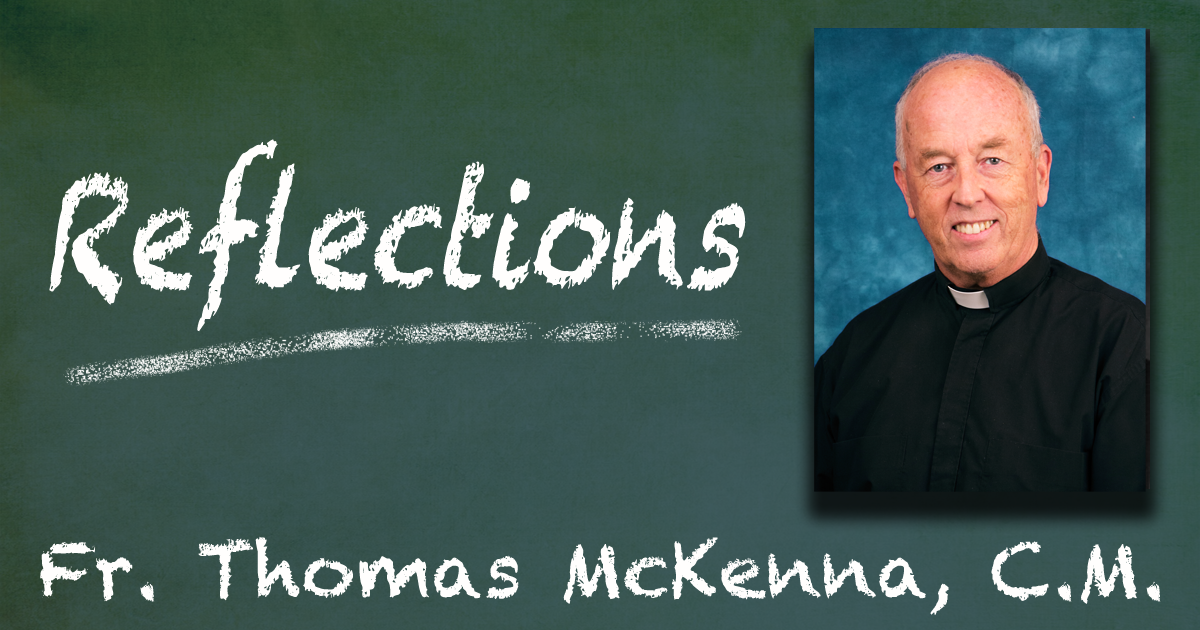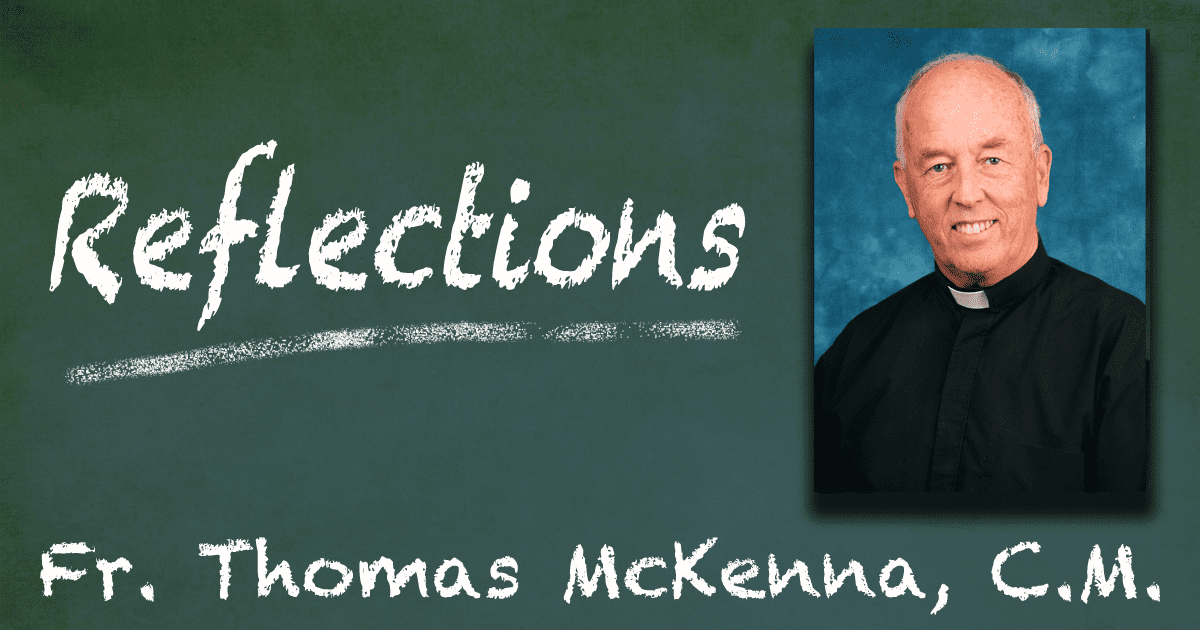Vincentian Discernment: Following The Leader

Vincentian Discernment: Following The Leader (Genesis 11:1-9)
One of the keys to the story of the tower of Babel is the contrast in it between two lines of thought, one in the incident itself and the other coming a few chapters later in Genesis. In the first the people assert, “Let us settle here and let us build ourselves a city with a tower in it… In doing this, we’ll make a name for ourselves.” In the second, we hear Yahweh speaking to his servant Abraham, “Go forth and settle the land. And I will make your name great.”
The difference between those two stances is the difference between sin (rebellion against God) and grace (friendship with God). One puts the human at the center of the universe; the other places God there with the human following along behind to help build it.
Some backdrop is helpful.
After the ark goes aground, God tells Noah to send out his children in different directions “to go and possess the lands;” i.e., spread out, scatter. But reaching Babel, this crowd “comes upon a valley…and settles there. Let us make bricks and build,” they say, a sure sign of stepping off the road and remaining put. To thwart their plans, Yahweh makes it impossible for them live together there by fouling up their communications – the separate tongues. The result? They have to do what they were asked to do in the first place, scatter, but now in bitterness. The story hinges not so much on the Tower construction as it does on what happens to the people when they counteract Yahweh’s plan, “We and not God will call the shots about our place in the world.”
Now comes Abraham, the believer who lets himself be led by God into the wilderness. What a difference in attitude and response between that first group and Abraham’s band. To underscore that difference, Yahweh adds, “You’re not the one making your name for yourself. I am the one who will bring greatness to your name.”
Both parties are doing things, but the second one is performing them from a sense of being summoned, an awareness that there’s something (One) more in the picture than their own lights and initiatives. On Abraham’s part, there’s the willingness to listen to that more resounding voice which is next to him and at the same time out in front of him.
This contrast in attitude brings to mind some notes in Vincent’s notion of Divine Providence. One of his favorite ways of describing this guiding influence is, “that Someone out in front of us, whom we shouldn’t sprint ahead of.” Like the lead runner in a 10 K always at the head of the pack, keeping a certain pace, and calling back to the rest to follow behind, God directs us from the front. Our part is to keep eyes and ears ahead, and for sure to keep running. This is so different from “We’re setting the pace and direction of this run. Let’s stop here and set up a brick factory on the side of the road!”
This is the “me-alone” stance, relying mostly on my own lights and learning and experience to pick out the way. I don’t keep fixed on any front runner but rather step out to take over the lead myself. I might claim that I’m following God’s lead (Providence) but I haven’t made all that much of an attempt to listen to what that Providence is indicating. This is to move ahead with only a little prayer, not taking much advice or lining up alternatives or paying much attention to the Spirit’s presence in and around me. This is to act as if I know what Providence is saying before I hear what Providence has to say.
But then, there’s Vincent’s way.
Attentive to God’s movements within and without, he allows the situation come to him, taking in as much of the total picture as he can; e.g., “What’s really going to happen to Paris if we handle the beggar crisis by arresting all the beggars instead of setting up relief centers?” Opening to the bigger political and social scene, he attempts to view things more as God might. All through, he’s listening for the voice of the leader and thinking of ways to follow behind. Laying out different possibilities, consulting widely, experimenting, and then actually beginning to run, he eventually makes a move. And as the needs become clearer, he adjusts to the changing situation gradually letting the things that have to be done emerge.
This is Abraham’s formula. Not “settling down to make bricks” and treating God’s promptings as an afterthought, but listening widely and deeply. And then, moving to take that that first scary step in trust that more lights will be given as he moves further along the way.
This is the difference between “We’ll make a great name for ourselves” and “I, God, will make your name great.” It’s the difference between running on my own and following the lead of the Spirit, the contrast between solitary action and moving in sync with the much more encompassing reality of God’s caring guidance.







0 Comments